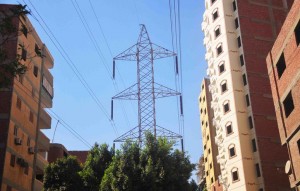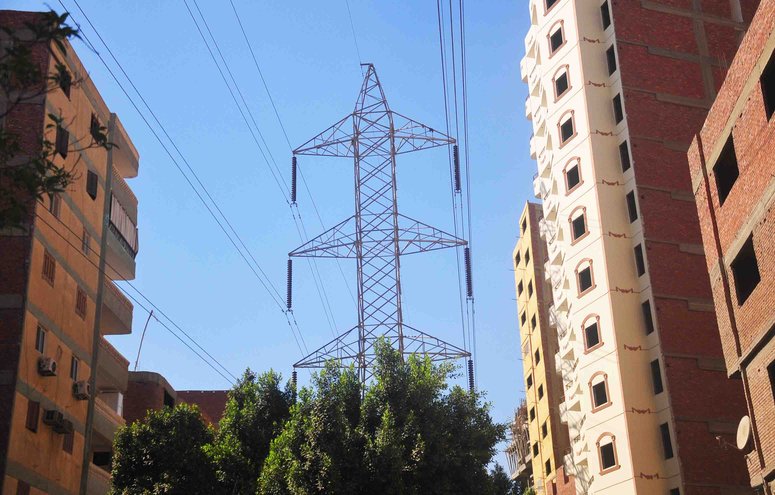
(Hassan Ibrahim / DNE)
Egypt and Saudi Arabia signed on Saturday a memorandum of understanding (MoU) for a SAR6bn ($1.6bn) project that will enable the two countries to trade electricity, benefitting from varying hours of demand-peaks in the two neighboring Arab nations.
Saudi Arabia’s Electricity Minister Abdullah Al-Hussein said the total capacity for the jointly-run and soon-to-be-constructed electricity grid linking Egypt and Saudi Arabia is 3,000 megawatts, adding that, “this cable will be pivotal in helping to create a broader Arab electricity grid… paving the way for the creation of a joint Arab electricity market, which will hopefully one day be connected to Europe’s grid”.
In comments posted on Egypt’s state-owned news agency MENA, Al-Hussien said the costs of the project, to be divided between the two countries, should be reclaimed in about 8 years, as he forecasts high revenues from the project for both countries. He added that the grid will eventually link 14 Arab countries and contribute to developing the electrical infrastructure of the region while at the same time saving both countries the need to construct power generators.
Egypt has recently been suffering from chronic electricity shortages, with a number of areas set to experience persistent blackouts during the coming summer months, as demand for peak hour usage increases. The power grid will enable Saudi Arabia, where demand is at its highest during noon hours, and Egypt, where peak-demand happens after sunset, to exchange electricity to accommodate to peoples’ needs.


